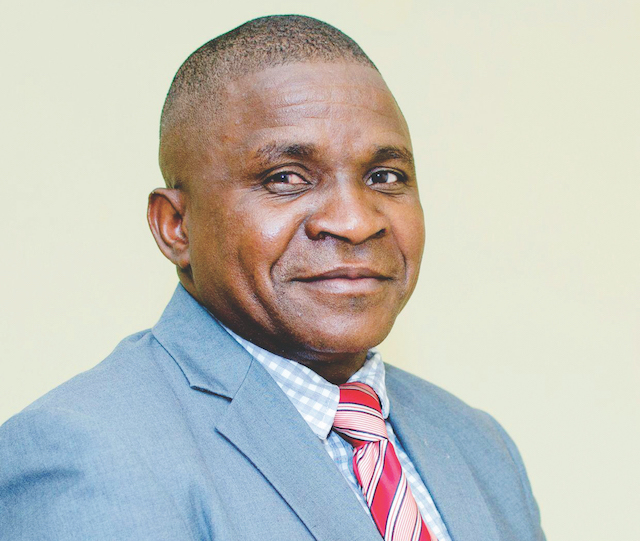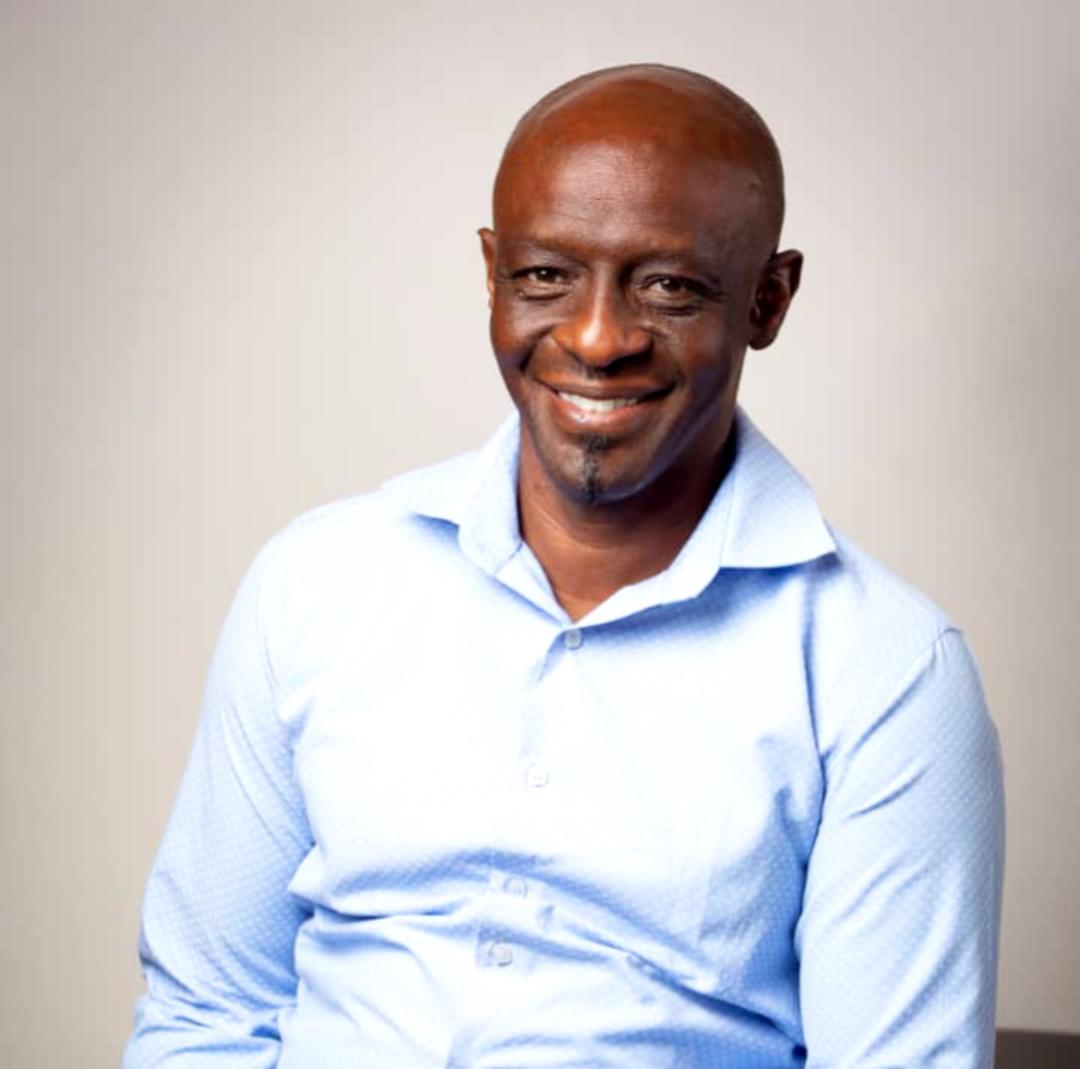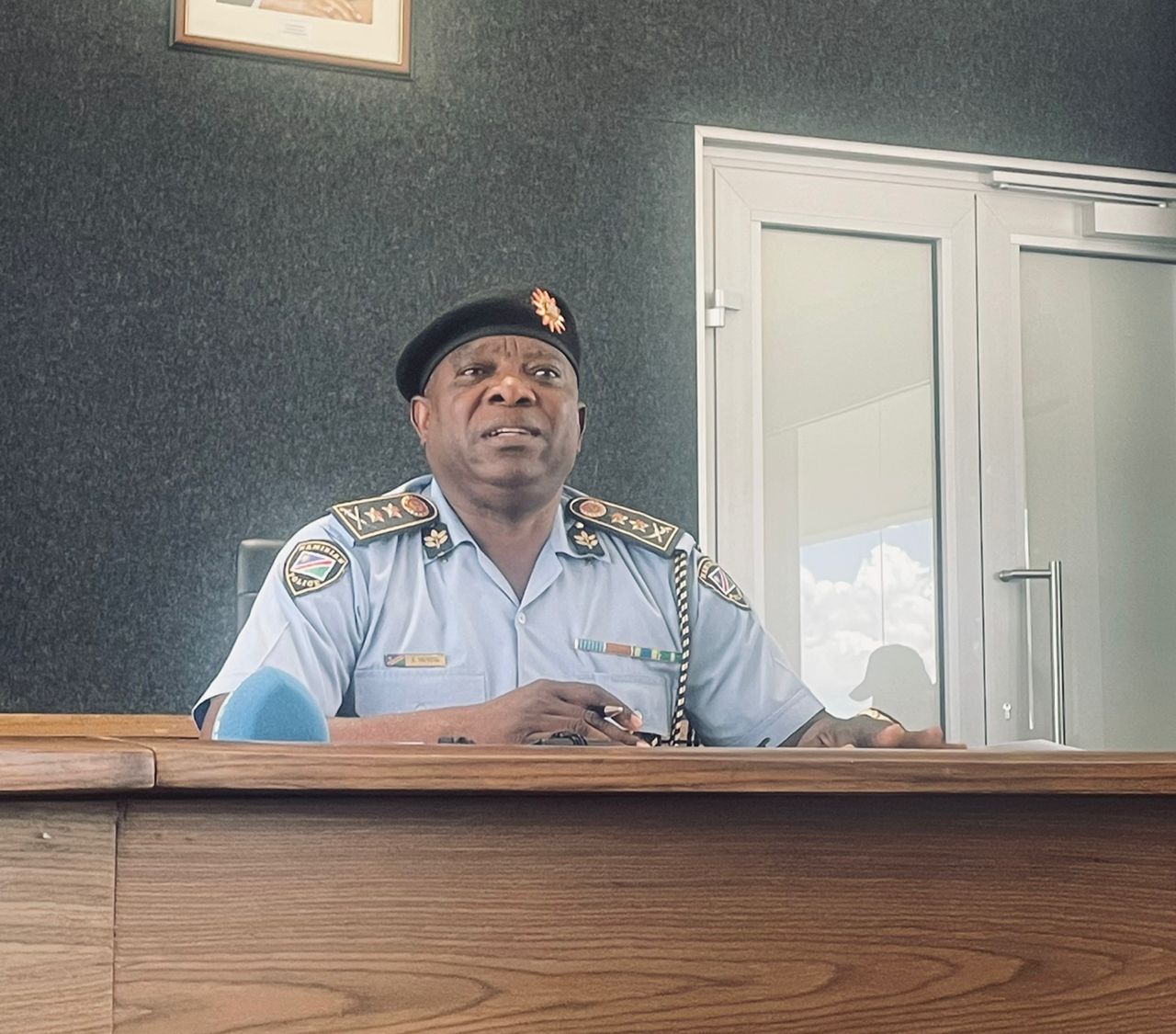Swapo’s coordinator for the //Kharas region, Mattheus Mumbala, says the party has already started preparing for the 2024 elections last year.
New and old party members were mobilised, information on the party’s manifesto was shared, as well as information on current and economic developments.
Mumbala said this during a campaign strategy workshop at Keetmanshoop’s Swapo headquarters on Sunday.
“I want to urge you to accept criticism positively when canvassing votes for the 2024 national election slated for November this year. Let us stand together. Let us not blast our leaders, but defend them,” he said.
“There is no reason to wait. As a responsible party we need to convince our people again to vote for Swapo as the only party which can provide tried and tested leadership in turbulent times,” he added.
Swapo lost four constituencies out of seven in the //Kharas region, and five out of six in the Hardap region to the Landless People’s Movement during the 2020 elections.
The party therefore roped in Fluksman Samuels, Swapo loyalist and academic, to review and interrogate its past performance and strategies deployed to bring about revival.
“Most of the strategies we draft here will be for internal use of how we function and will operate at the time,” Samuels said at the workshop.
During the 2023 bi-election for the Keetmanshoop Rural constituency councillor, which was won by the LPM, Swapo members accused the party of utilising age-old strategies and mostly relying on national leaders to hold rallies, while not having boots on the ground or creating a relevant presence on social media.
“Swapo is an old party. It is not attracting young people who believe in freedom, solidarity and justice, young people who will lay their lives down for economic justice.
“Currently Swapo is only attracting ‘wannabees’ – people who want to be seen. Recognition is a big thing . . . people looking for positions, entrepreneurs and tenderpreneurs, and the party is relying on the old guard, who themselves are tired of the old rhetoric,” a source, who preferred to remain anonymous, said.
Political analyst Rui Tyitende says political parties should not forget the importance of credibility and remaining relevant.
“Politics is about visibility and constant engagement with your constituents, and that is what the LPM has been able to achieve successfully. It also used socio-economic issues in the south to accuse Swapo of prioritising the northern regions,” he says.
Institute for Public Policy Research executive director Graham Hopwood says even though other parties have successfully tapped into the communities’ feelings of marginalisation in the south, which includes access to land, housing and jobs, Swapo’s vote is not collapsing.
Willem Labuschagne of the LPM garnered 1 270 votes out of 2 912 cast in 2023, with 16 spoiled ballots, while Elias !Kharuxab of Swapo obtained 872 votes.
“So the ruling party still has a base to engineer a revival for 2024,” Hopwood says.
“During the 2020 regional and local authority elections we had a margin of 600 votes. The current margin is 300 votes. That tells us people are coming back and supporting the party again,” Mumbala says.
Stay informed with The Namibian – your source for credible journalism. Get in-depth reporting and opinions for
only N$85 a month. Invest in journalism, invest in democracy –
Subscribe Now!






